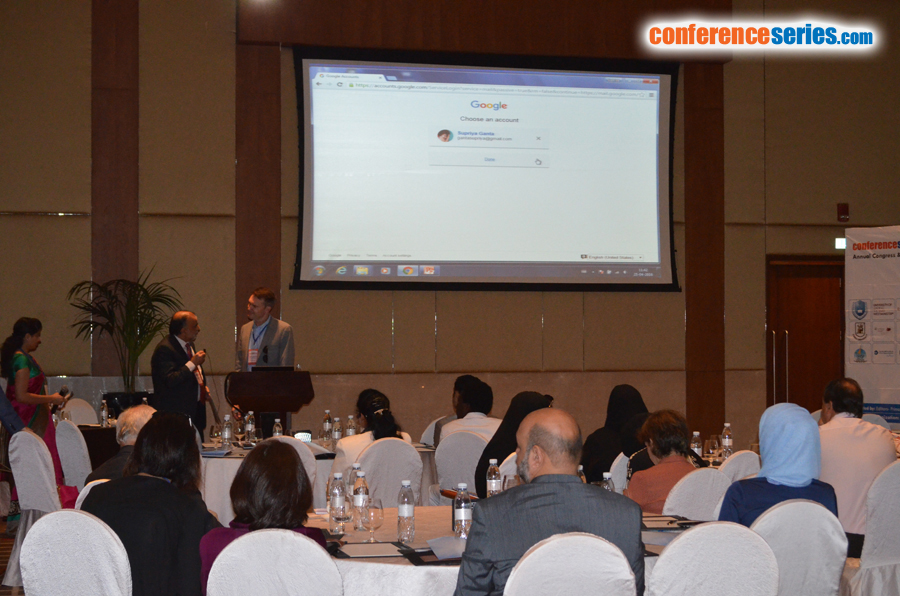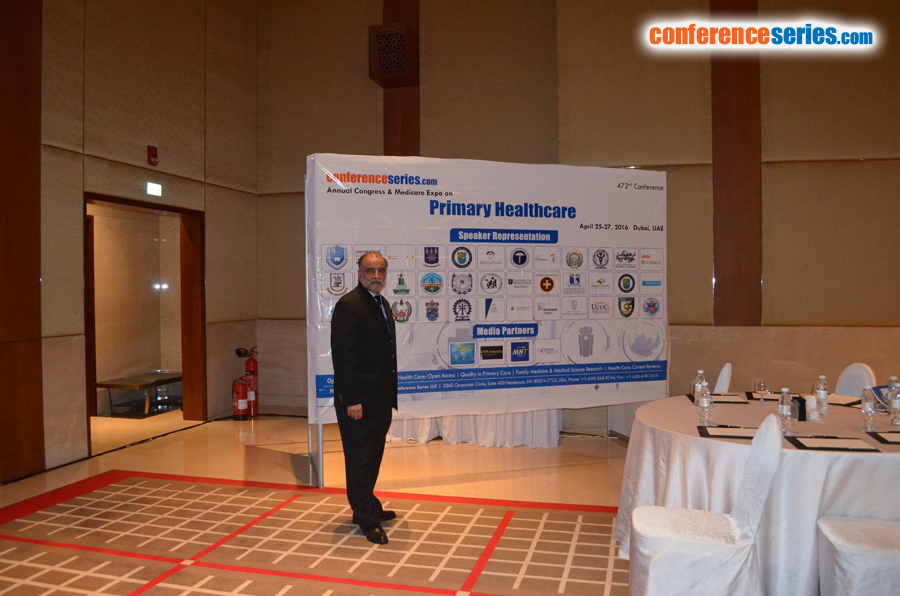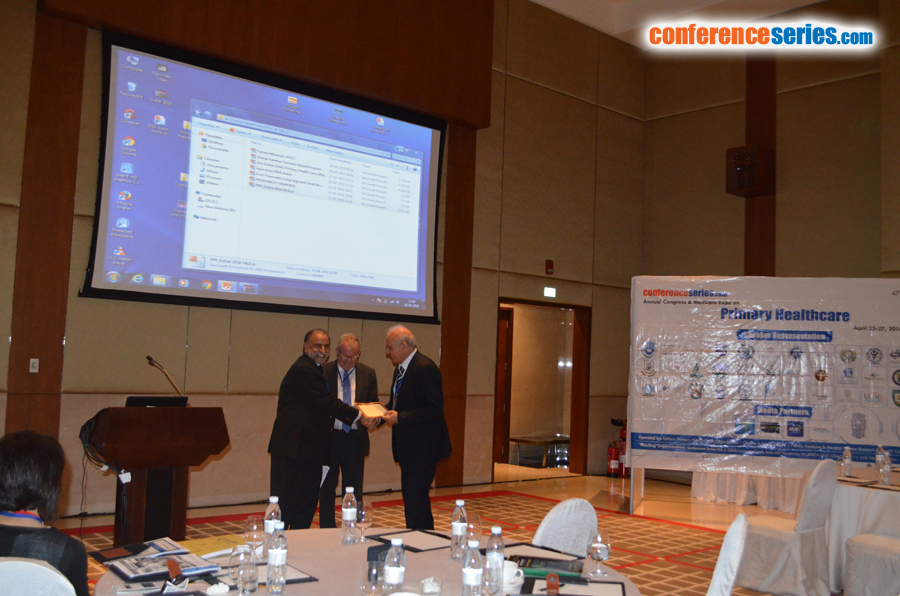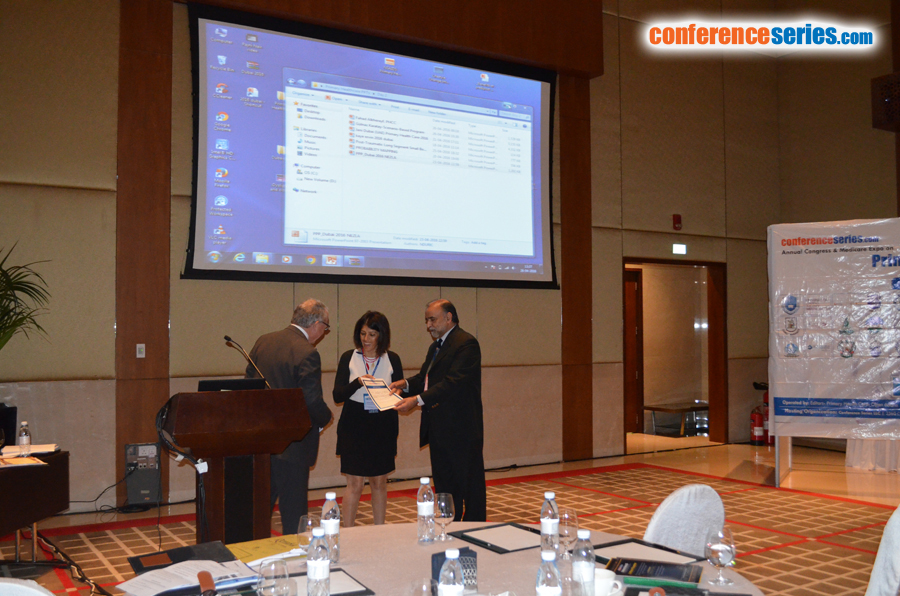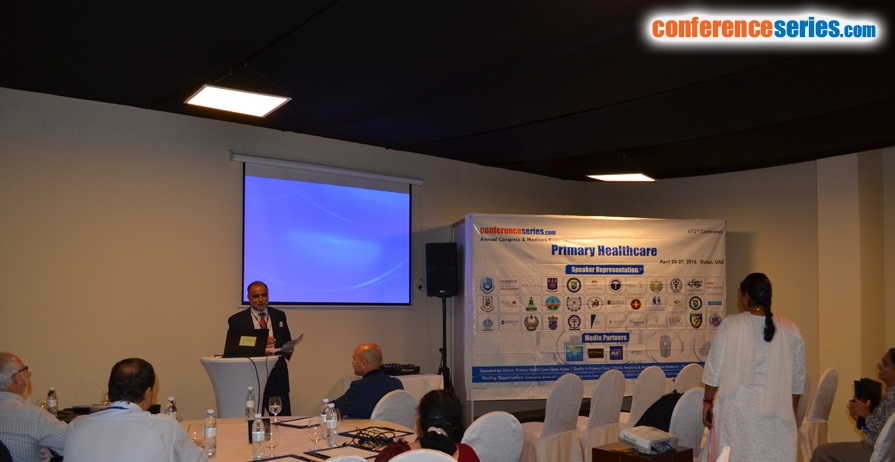
Jawahar Jay Kalra
University of Saskatchewan, Canada
Title: Quality care and patient safety: Global approaches to medical error disclosure
Biography
Biography: Jawahar Jay Kalra
Abstract
Disclosure of an adverse event is an important element in managing the consequences of a medical error. We have previously reported the Canadian provincial initiatives encouraging open disclosure of a critical event and have suggested its integration into a ‘no-fault’ model. We reviewed and compared the various medical error disclosure initiatives across the globe (USA, Australia, New Zealand, and United Kingdom) to analyze the progress made in this area. In Australia, disclosure policy integrates the disclosure process with risk management analysis towards investigating the critical events. In New Zealand, in any adverse event, patients are rehabilitated and compensated through a no-fault state funded compensation scheme. The United States Joint Commission on Accreditation of Healthcare Organizations mandated an open disclosure of any critical event during care to the patient or their families’. Effective communication between health care providers, patients and their families throughout the disclosure process is integral in sustaining and developing the physician patient relationship. The Canadian provincial initiatives, though similar in content, remain isolated because of their non-mandatory nature on disclosure. In conclusion, the designing of an error disclosure policy requires integration of various aspects including bioethics, physician-patient communication, quality of care, and team-based care delivery. The complexities of medical error disclosure to patients present ideal opportunities for medical educators to probe how learners are balancing the ethical complexities involved in error disclosure. We suggest that a uniform policy centered on addressing errors in a non-punitive manner and respecting the patient’s right to an honest disclosure be implemented.

